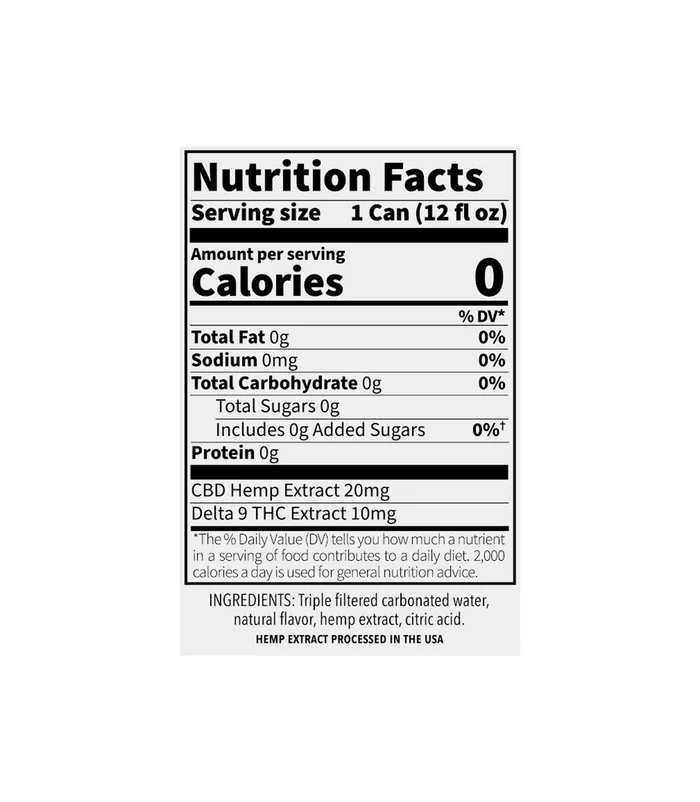

Connecticut has both medical (2012) and recreational (2021) cannabis programs. Adults 21+ can possess up to 1.5 oz in public and up to 5 oz at home, and grow up to 6 plants per household. Medical patients can possess 5 oz per month and have been able to grow plants since 2021. The state has a 15% excise tax on recreational cannabis sales. Connecticut prohibits public consumption and has gifting restrictions. The state began recreational sales in January 2023 at hybrid dispensaries. Connecticut also has automatic expungement provisions for past cannabis convictions and has focused heavily on social equity in its program implementation.
The process includes: 1) Get diagnosed with a qualifying condition, 2) Obtain certification from a licensed Connecticut physician, 3) Register with the Department of Consumer Protection's medical marijuana program, 4) Submit application with physician certification and required documents, 5) Receive your medical marijuana card.
Qualifying conditions include: cancer, glaucoma, HIV/AIDS, Parkinson's disease, multiple sclerosis, damage to the nervous tissue of the spinal cord, epilepsy, cachexia, wasting syndrome, Crohn's disease, PTSD, sickle cell disease, autism, severe psoriasis, severe psoriatic arthritis, amyotrophic lateral sclerosis (ALS), ulcerative colitis, complex regional pain syndrome, cerebral palsy, cystic fibrosis, irreversible spinal cord injury with objective neurological indication of intractable spasticity, terminal illness, and chronic pain.
The Connecticut Department of Consumer Protection (DCP) oversees both medical and recreational cannabis programs. The Social Equity Council ensures equitable access to the cannabis market.
Yes, patients must register with the Connecticut Department of Consumer Protection to receive a medical marijuana card.
Both medical and recreational users can purchase cannabis from licensed dispensaries. As of 2023, nine medical dispensaries obtained hybrid licenses to also sell recreational cannabis, with more expected to convert.
Medical marijuana cards cost varies, but there are fees for both physician consultations and state registration. Cards are typically valid for one year and must be renewed annually. Connecticut does not charge patients for the card itself, but physician fees apply.






















